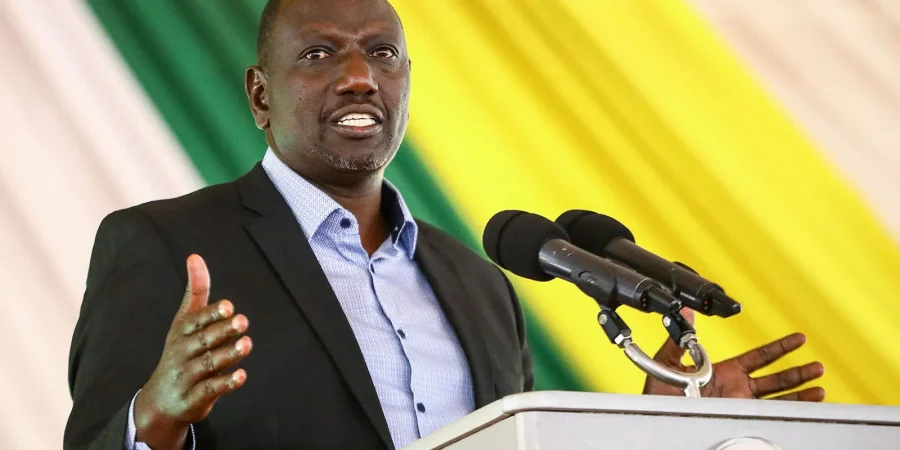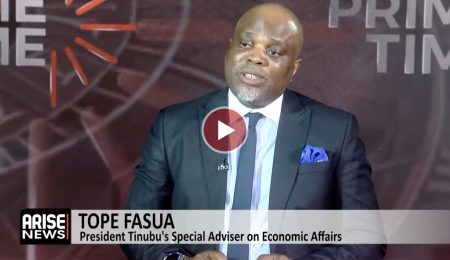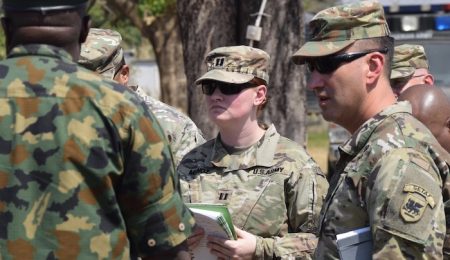Kenyan President William Ruto has instructed police to shoot protesters targeting property in the legs, saying they should be “incapacitated but not killed” as unrest grips the country.
The controversial directive comes amid growing outrage over police violence during anti-government protests. At least 31 people were killed on Monday alone, according to the Kenya National Commission on Human Rights (KNCHR), though police reported only 11 deaths. More than 100 were injured and over 500 arrested, with demonstrations erupting across 17 of Kenya’s 47 counties.
“Anyone caught burning another person’s business or property should be shot in the leg, hospitalised, and later taken to court. Don’t kill them, but ensure their legs are broken,” Ruto said during a Wednesday address.
The UN and rights groups have condemned the excessive use of force by Kenyan authorities, accusing police of using live ammunition against demonstrators. A 12-year-old pupil was among those reportedly killed by a stray bullet in Kiambu, near Nairobi. The UN Human Rights Office expressed alarm, calling the killings “deeply troubling” and noting the use of lethal ammunition, rubber bullets, tear gas and water cannons by police.
Despite mounting criticism, Ruto defended the security forces, warning that any attack on police would be treated as a “declaration of war.” He dismissed calls for his resignation, insisting that changes in government could only come through the ballot in 2027.
“Kenya cannot and will not be ruled through threats, terror, or chaos. Not under my watch,” the president declared. “This country will not be destroyed by a few people who are impatient and want a change of government using unconstitutional means. It is not going to happen.”
Government spokesman Gabriel Muthuma acknowledged in a BBC interview that there had been incidents of excessive force and said some officers were under investigation. He defended Ruto’s comments as being made in the context of escalating attacks on public institutions and property.
Tensions have risen sharply since the death of blogger Albert Ojwang in police custody last month reignited public anger. Protesters—many chanting “Ruto must go” and “wantam” (one term)—have cited spiralling youth unemployment, high taxes, and declining living standards as reasons for their frustration.
Ruto, elected in 2022, admitted the country faces a youth employment crisis but argued the issue predates his administration. He questioned the level of hostility towards his government compared to past regimes, saying: “Why cause all the chaos during my time?”
Opposition leaders, who accused the government of deploying armed gangs in unmarked police vehicles to intimidate their supporters, called for a nationwide boycott of businesses linked to the administration. In a strongly worded statement, they accused the government of state-sponsored violence and vowed continued resistance: “We will not rest. We will not retreat. We will not surrender.”
Chief Justice Martha Koome has also issued a stern warning, cautioning that continued unrest risks eroding the country’s democratic institutions.
The KNCHR, religious bodies, and international rights groups have demanded independent investigations into the killings, arbitrary arrests, and destruction of public and private property including the ransacking of hospitals by unidentified attackers.
Faridah Abdulkadiri
Follow us on:


